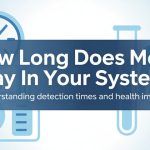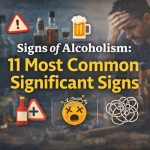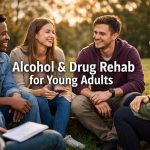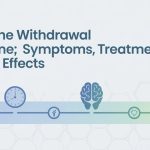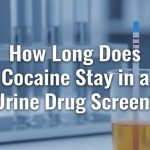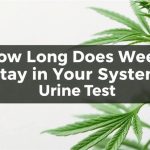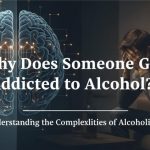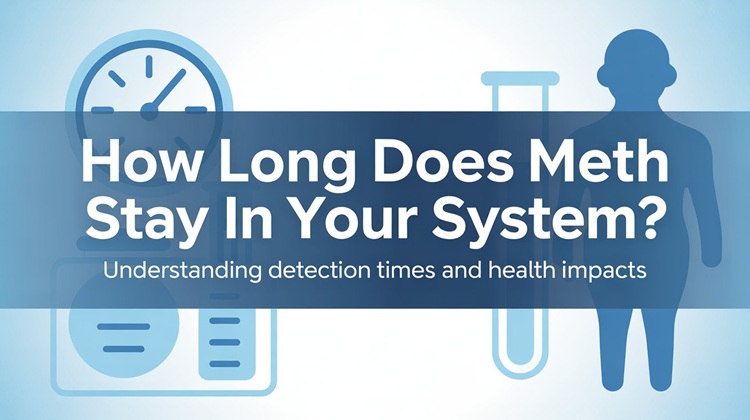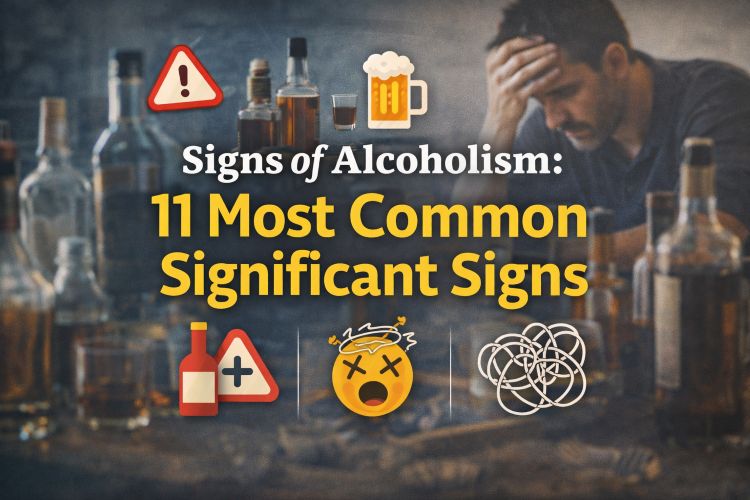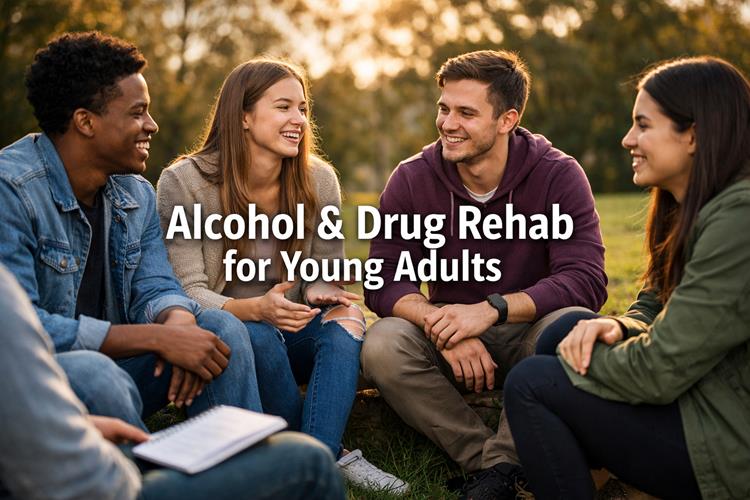Intense bonding with an abuser is a difficult concept to explain and is generally referred to as ‘trauma bonding’. It happens when the victim develops a bond with the perpetrator, hence, they find it challenging to let go of the abusive relationship. This bond is created with one’s abuser, and this may involve alternating between episodes of mistreatment and instances of rewards in the form of attention or affection. Finally, trauma bonds can be tough to recognize and even harder to let go of, but it is essential to do so for the sake of emotional and mental health.
Understanding Trauma Bonding
What is Trauma Bonding?
Trauma bonding, as the term suggests, pertains to the formation of attachment between the abuser and the abused. This bond is the most controversial, it features passion and even devotion despite exploitation. It is quite common in situations where a victim is in a partnership with an abusive person it could be a boyfriend, husband, sibling, or even in cults. The victim develops a passive psychological attachment to the abuser and feels that the welfare of the person is directly dependent on the continuation of the relationship.
Signs and Symptoms Indicating Trauma Bonding
It may be difficult to identify that there is such a thing as trauma bonding because, on the surface, it appears as care, love, or devotion. Common signs include:

- Constantly Excusing Abuse: In self-promoting the abuser’s behavior, self-conning or perceivably feeling that the mistreatment is deserved.
- Isolation: The abuser tends to alienate the victim from people he or she knows and becomes the only person the victim can depend on.
- Feeling Stuck: While one partner wants out of the relationship, another perceives that he or she cannot escape the bond.
- Emotional Confusion: Suffering from emotional or psychological distress in which one feels both affection and hate towards the abuser.
- Denial and Minimization: Minimizing the abuse or intimately denying it by saying it was not so serious.
How Trauma Bonds Form
Usually, trauma bonds occur when two people engage in a vicious cycle of abuse.
- Tension-Building: There comes a point where the abuser easily gets angry, and there are constant disagreements.
- Incident: An estimated severe adverse event happens, which may be in the form of verbal or physical assault or emotional or sexual abuse.
- Reconciliation: The abuser says sorry, swears to stop by the next time, or takes the victim out for dinner and therefore the victim feels like things will change.
- Calm: An indication that the abuse is over, and the victim can lead a normal life for some time with no further incidents.
This cycle persists, strengthening the trauma bond since the victim only has hope in the non-violent episodes of the relationship and actively seeks a change to the pattern.
Trauma Bonding and Its Consequences
Emotional and Psychological Effects
- Anxiety and Depression: It is well understood that chronic stress and fear result in chronic anxiety and depression.
- Post-Traumatic Stress Disorder (PTSD): The same means can lead to the development of Post-Traumatic Stress Disorder, which is manifested by flashbacks, intense fear, and nightmares.
- Low Self-Esteem: A victim easily submits to the negative messages of their abuser, hence feeling undeserving and becoming doubtful of themselves.
- Confusion and Cognitive Dissonance: Since the two types of relationships are opposed to each other, the subject experiences confusion and inner conflict regarding the interdependence of love and abuse.
Physical and Social Consequences
- Physical Health Issues: Stress can cause health issues; these include headaches, poor digestion, and weakened immunity.
- Social Isolation: The victims are most likely to be confined from their friends and family through the influence of the abuser or withdraw as a result of shame or fear.
- Difficulty Forming Healthy Relationships: Trauma bonds lead to the formation of negative attachment patterns, and individuals are unable to build normal, healthy relationships.
100% Confidential Support is Available 24/7
No matter what you’re going through, you’re not alone. Our dedicated team is here to provide a safe, judgment-free space where you can talk openly and honestly. Whether you need emotional support, resources, or just someone to listen.
We’re here for you—completely confidential and always respectful of your privacy. Call us today!
How to Cope with Trauma Bonding
Recognizing the Bond
The first part of handling the concept of trauma bonding is simply acknowledging it.
- Self-Awareness: Primarily, it is crucial to recognize the abuser and the abused in the context of the identified relationship type.
- Journaling: Recording events and emotions can assist in sorting out stressed ideas and recognizing cycles of maltreatment.
- Seeking Feedback: Discuss the issue with friends, relatives, or other persons who may give some advice regarding the relationship.
Establishing Boundaries
- Physical Distance: Distancing from the abuser can help reduce the degree of control the abuser might have.
- Emotional Boundaries: Due to these situations, it is crucial to know when to say no and how to preserve one’s emotional health.
- Practical Steps: Cutting off contact by changing one’s phone number, unfriending or muting the abuser on social media, or staying away from locations the abuser frequents.
Seeking Professional Help
- Therapy: Psychotherapy, which includes talk therapies like CBT and EMDR, can also deal with the effects of the trauma and even change the thinking habits.
- Trauma-Informed Therapists: Usually, the support and understanding needed can be found with therapists who have specialized in trauma.
- Support Groups: Getting help from support groups for survivors of abuse can help enable the patient to feel like they are not alone.
Building a Support Network
- Reconnecting with Loved Ones: Being able to reconnect with friends and family can be positive in that the people you encounter will give you words of encouragement.
- Support Groups: Patient support groups exist to create a platform for abused individuals to express themselves and gain information from other such individuals.
- Online Resources and Hotlines: Many NGOs provide online information and helplines that are immediately available for consultation and help.
Self-Care and Healing Practices
- Mindfulness and Meditation: Mindfulness and meditation exercises can be highly beneficial to reduce anxiety levels and self-consciousness.
- Physical Activities and Hobbies: Physical activities, among others, can help in managing and alleviating stress, while other activities give one the feeling of having accomplished something.
- Self-Compassion: Self-care and reciting motivational statements help counteract the negative messages that the abuser instills.

Contact Palm Coast Treatment Solutions
Battling with Drug and Alcohol Addition? Remember, you are not alone and we are here to help you!
Preventing Future Trauma Bonds
Developing Healthy Relationship Skills
- Building healthy relationships: Learning to build healthy relationships is key to preventing future trauma bonds
- Identifying Red Flags: This means that one learns how to decipher characteristics of an abusive partner thereby reducing chances of getting involved in another abusive relationship.
- Communication and Assertiveness: This means that one can use a certain style of communication with other people to be assertive and reduce the chances of ending up in conflicts.
- Building Trust and Intimacy: Healthy relationships require people to establish trust and intimacy and this should be done safely without rushing the process.
- Personal Growth and Empowerment: Focusing on personal growth and empowerment is essential for long-term recovery
- Pursuing Interests and Goals: Being préocuppied with one’s self and his/her aims in life may contribute to giving life meaning and a sense of achievement.
- Developing a Strong Sense of Self: Therefore, the process of building self-confidence and esteem involves positive and authentic experiences that people attain in their lives.
- Celebrating Small Victories: Reporting success on the other moves can help encourage motivation and achieve an optimistic outlook.
Trauma bonding is a deeply entrenched emotional attachment that can keep victims trapped in abusive relationships. Understanding the nature of trauma bonds, recognizing the signs, and seeking professional help are crucial steps in breaking free. Establishing healthy boundaries, building a support network, and practicing self-care are essential for healing. Moving forward, developing healthy relationship skills and focusing on personal growth can prevent future trauma bonds and lead to a more fulfilling life.
If you or someone you know is struggling with trauma bonding, it’s important to seek help. Reach out to a therapist, join a support group, and reconnect with loved ones. Remember, breaking free from a trauma bond is a journey, but with the right support and resources, it is possible to reclaim your life and well-being.
At Palm Coast Treatment Solutions, we can help you break free from the cycle of abuse and begin your journey toward better mental health, and a more fulfilling life. Reach out at (386) 284-4151 today to take the first step towards recovery.






